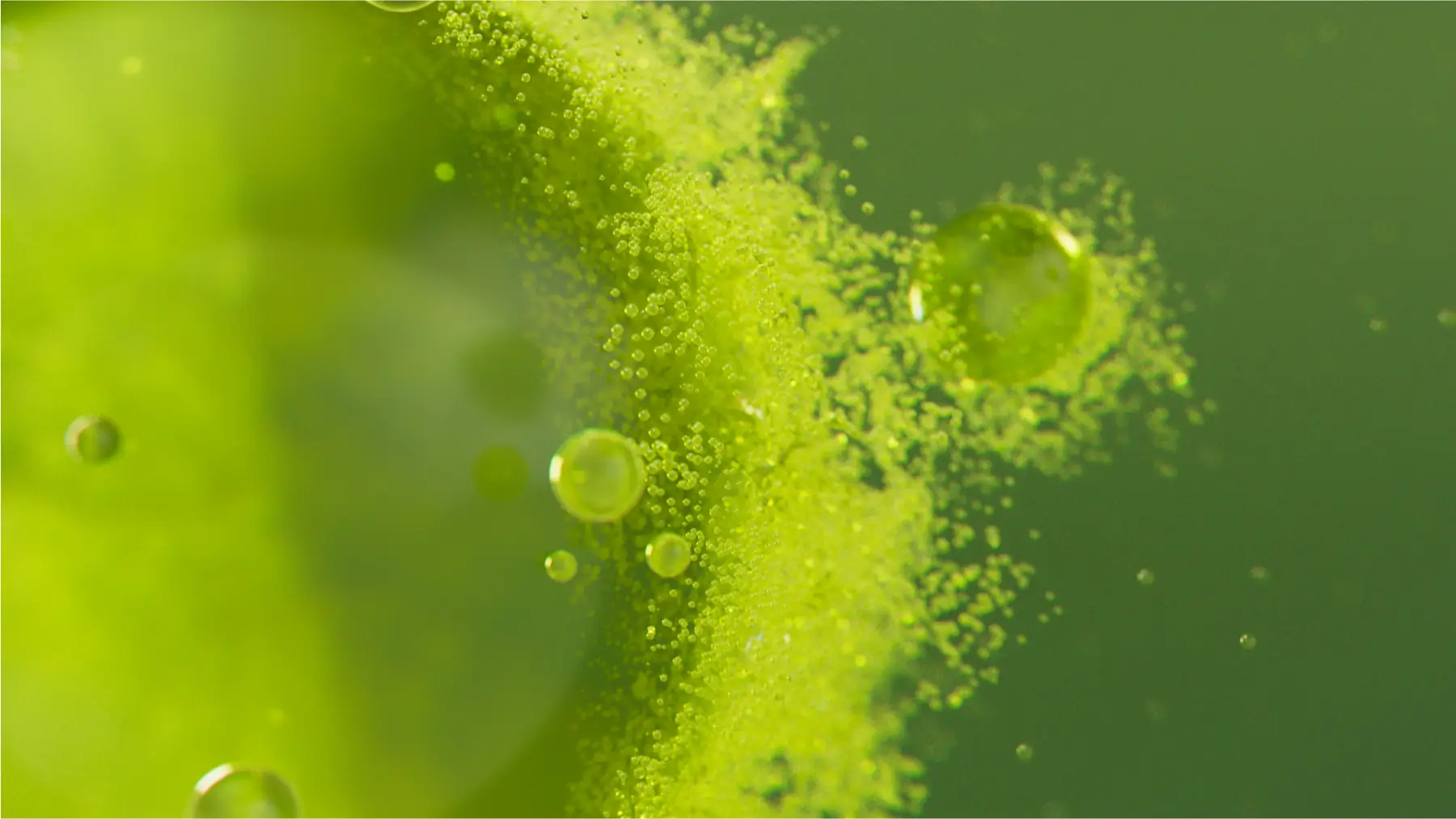.jpg)
BCS stands for Biopharmaceutics Classification System, which is a classification system that categorizes drugs based on their solubility and permeability properties. BCS class II drugs are characterized by high permeability but low solubility.
In terms of solubility, BCS class II drugs have low aqueous solubility, meaning they do not easily dissolve in water. This can pose challenges in drug formulation and delivery because drugs need to dissolve in the gastrointestinal fluids in order to be effectively absorbed into the bloodstream. However, BCS class II drugs have high permeability, which means they can easily pass through cell membranes and be absorbed by the body. This is because they have small molecular size and exhibit good membrane transport characteristics.
Due to their low solubility, these drugs often have slower dissolution rates and limited bioavailability. In order to improve their oral bioavailability, various techniques are used such as particle size reduction, formulation with solubilizing agents, use of prodrugs, or utilization of lipid-based delivery systems.
Some common examples of BCS Class II drugs include:
- Ketoconazole: This antifungal medication is used to treat fungal infections in various parts of the body, including the skin, nails, and internal organs.
- Voriconazole: Another antifungal medication used to treat serious fungal infections, including invasive aspergillosis and candidemia.
- Carbamazepine: This drug is primarily used for the treatment of epilepsy and neuropathic pain. It is also used as a mood stabilizer in bipolar disorder.
- Felodipine: A calcium channel blocker, felodipine is commonly prescribed for the treatment of hypertension (high blood pressure) and angina (chest pain).
- Griseofulvin: An antifungal medication used to treat infections caused by fungi, especially in the skin, hair, and nails.
It's important to note that drug classification can vary depending on regional regulatory authorities, and the BCS system is primarily used to guide drug development and regulatory decisions related to oral drug products.
Pion Inc. has a long history of helping drug formulators in their drug development efforts with our T3 physchem platform for pKa and log P and log D determinations, our Rainbow in situ, fiber optic-based UV-vis, real-time concentration monitor for dissolution rates and flux studies, and our flux platforms to assess membrane permeability.
Contact us today to learn more.

